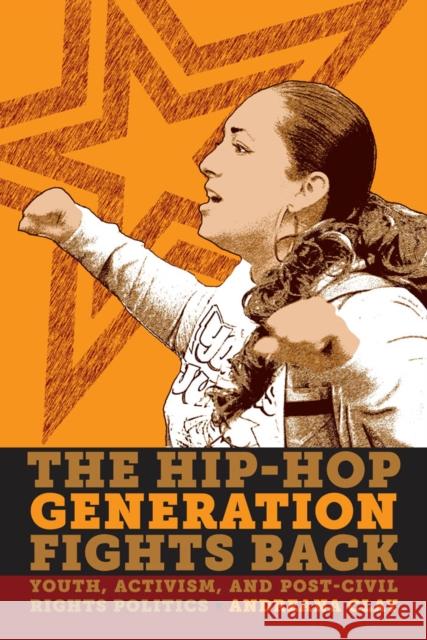The Hip-Hop Generation Fights Back: Youth, Activism and Post-Civil Rights Politics » książka
The Hip-Hop Generation Fights Back: Youth, Activism and Post-Civil Rights Politics
ISBN-13: 9780814717172 / Angielski / Miękka / 2012 / 240 str.
The Hip-Hop Generation Fights Back: Youth, Activism and Post-Civil Rights Politics
ISBN-13: 9780814717172 / Angielski / Miękka / 2012 / 240 str.
(netto: 129,50 VAT: 5%)
Najniższa cena z 30 dni: 124,19
ok. 30 dni roboczych
Dostawa w 2026 r.
Darmowa dostawa!
Normal 0 MicrosoftInternetExplorer4 st1: *{behavior: url(#ieooui) } /* Style Definitions */ table.MsoNormalTable {mso-style-name: -Table Normal-; mso-tstyle-rowband-size:0; mso-tstyle-colband-size:0; mso-style-noshow: yes; mso-style-parent: --; mso-padding-alt:0in 5.4pt 0in 5.4pt; mso-para-margin:0in; mso-para-margin-bottom: .0001pt; mso-pagination: widow-orphan; font-size:10.0pt; font-family: -Times New Roman-;} From youth violence, to the impact of high stakes educational testing, to editorial hand wringing over the moral failures of hip-hop culture, young people of color are often portrayed as gang affiliated, -troubled, - and ultimately, dangerous. The Hip-Hop Generation Fights Back examines how youth activism has emerged to address the persistent inequalities that affect urban youth of color. Andreana Clay provides a detailed account of the strategies that youth activists use to frame their social justice agendas and organize in their local communities. Based on two years of fieldwork with youth affiliated with two non-profit organizations in Oakland, California, The Hip-Hop Generation Fights Back shows how youth integrate the history of social movement activism of the 1960s, popular culture strategies like hip-hop and spoken word, as well as their experiences in the contemporary urban landscape, to mobilize their peers. Ultimately, Clay's comparison of the two youth organizations and their participants expands our understandings of youth culture, social movements, popular culture, and race and ethnic relations.











